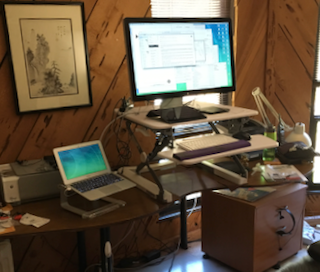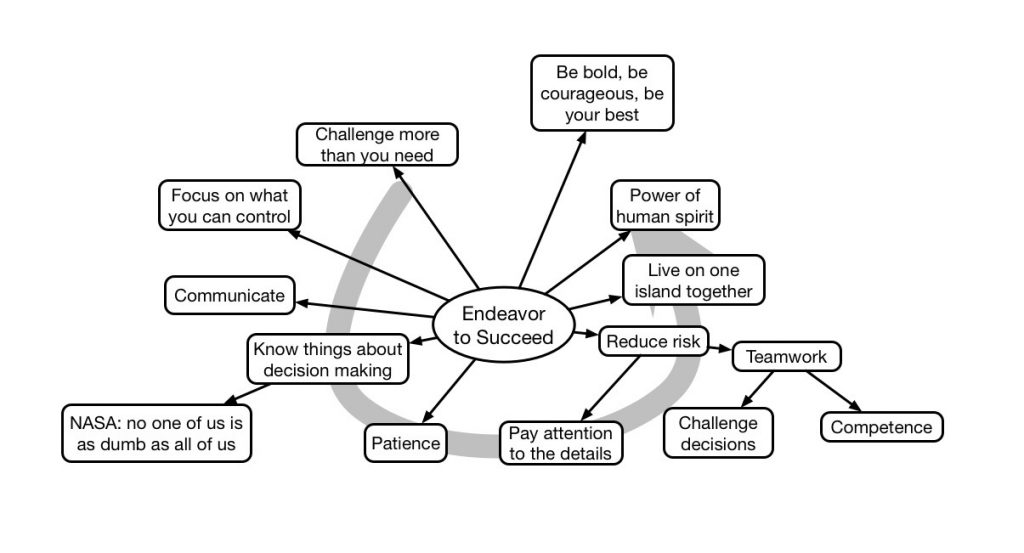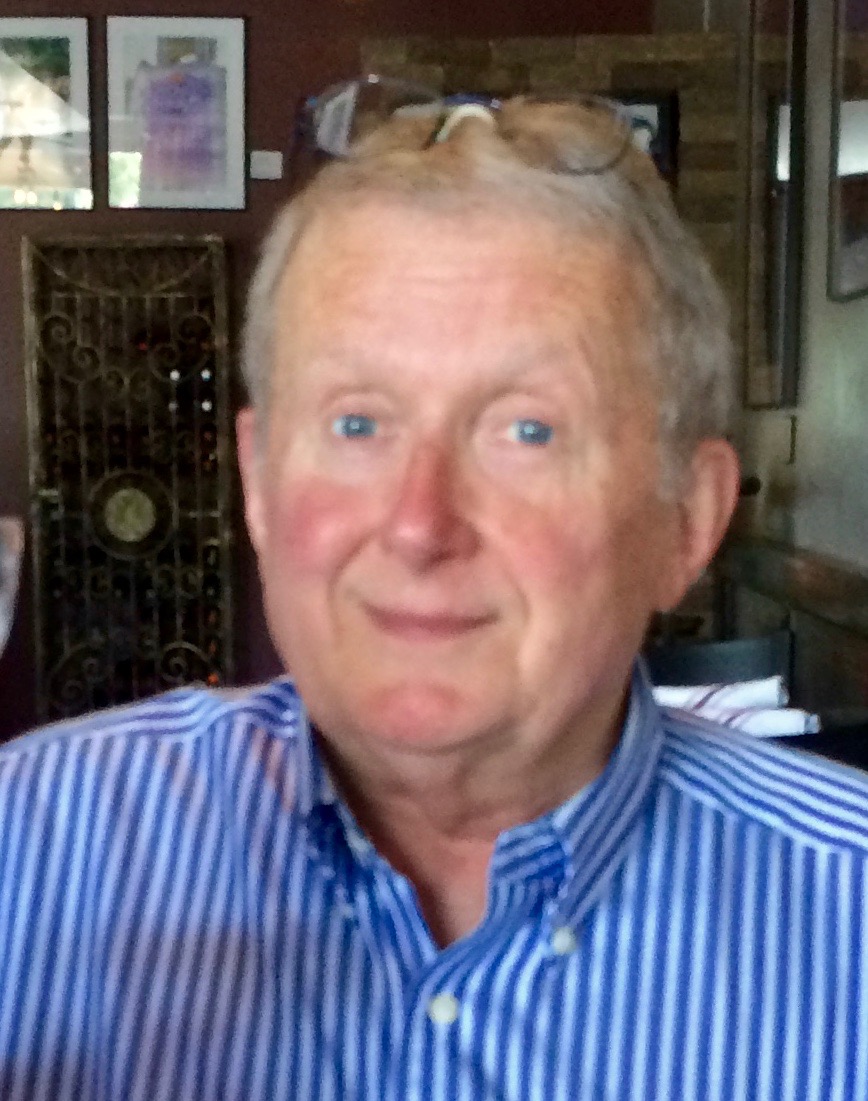One of my ongoing recommendations to people grew out of a toss-off line, playing off an advertisement. Someone asked about a strategy for continuing to learn (if memory serves), and I quipped “stay curious, my friends”. However, as I ponder it, I think more and more that such an approach is key.
I was thinking of this trend the other day as “intellectual restlessness”. What I’m talking about is being intrigued by things you don’t understand that have persisted or recently crossed your awareness, and pursuing it. It’s not just saying “how interesting”, but recognizing connections, and pondering how it could change what you do. Even to the point of actually changing!
It also would include pointing interesting things to other people who would benefit. This doesn’t always have to happen, but in the spirit of cooperation (in the Jarche sense), we could and should contribute, curate, when we can. And, ideally, leaving trails of your explorations that others can benefit from. Writings, diagrams, videos, what have you, helps yourself as well as others.
 I was reminiscing that more than 30 years ago, on top of my job designing educational computer games, I was already curious. I still have copies of the magazines containing reviews I did (one hardware, one software), as well as a journal article based upon undergraduate research I was fortunate to participate in.
I was reminiscing that more than 30 years ago, on top of my job designing educational computer games, I was already curious. I still have copies of the magazines containing reviews I did (one hardware, one software), as well as a journal article based upon undergraduate research I was fortunate to participate in.
And that persistence in curiosity has led to a trail of artefacts. You may have come across the books, book chapters, articles, presentations, etc. And, of course, this blog for the past decade and more. (May it continue!) However, I’m not here to tout my wares, but instead to point to the benefit of being curious.
As things change faster, a continuing interest is what provides an ongoing ability to adapt. All the news about the ongoing changes in jobs and work isn’t likely to lessen. Staying curious benefits you, your colleagues and friends, and I reckon society in general. You want to look at many sources of information, track tangential fields, and be open to new ideas.
This isn’t just your choice, of course, ideally your organization is supportive. These lateral inputs are a component of innovation, as is time to allow for serendipity and incubation. Orgs that want to be able to be agile will need this capabilities as well. I suppose organizations need to stay curious as well!



